Typhoon Songda Nearing Tokyo Weakens to ’Extratropical Cyclone’ Bloomberg, via Rense. Excerpts:
Typhoon Songda, the storm last week forecast to pass over Japan’s stricken nuclear plant, weakened to an "extra tropical cyclone" after its forecast trajectory earlier moved south of Fukushima prefecture.
The storm was moving at a speed of 55 kilometers per hour (34 miles per hour) at 3:50 p.m. local time, the Japan Meteorological Agency said on its website. The eye of the storm was about 80 kilometers south-southwest of Murotomisaki, part of Japan’s Shikoku island west of Tokyo, and moving northeast at 65 kilometers an hour at 2:40 p.m., the agency said.
Songda, which strengthened to a super typhoon after battering the Philippines, weakened to a Category 3 storm from Category 5 as it passed Taiwan on May 28. The typhoon’s path also shifted south compared with the earlier projections, lowering the risk of heavy rain or winds affecting the nuclear plant.
Not that this is a bad development at all, but that typhoon really lost its momentum quickly. Really quickly. Huh.
Cooling systems restored for fuel pools NHK World via Rense. Excerpts:
The operator of the crippled Fukushima Daiichi nuclear power plant has now successfully restored cooling systems to the spent fuel pools of reactors 1, 2, 3 and 4.
On Saturday, TEPCO injected about 5 tons of water to the spent fuel pool of reactor 1 on a test basis. It was the last system to be restored.
The power company is also working to install new water-circulating systems that will more efficiently cool all the fuel pools. The new systems for reactors 1 through 4 are scheduled for completion by July.
Two bits of Good News today!
Deluge could spread Fukushima radiation
There are fears a tropical storm off the coast of Japan could wash radioactive material from the crippled Fukushima nuclear plant into the air and sea.
Now downgraded to a tropical storm, former Typhoon Songda is still expected to bring strong winds and torrential rain to Tokyo later this morning, with the Fukushima area also forecast to experience a deluge.
..
TEPCO and the Japanese government both fear contamination could be washed out of the uncovered reactor buildings.
Well, One and a half pieces of good news.. And then there's this close call..
Pump failure nearly brings No. 5 to a boil via Rense.
The seawater pump in the cooling system for the Fukushima power plant's No. 5 reactor broke down Saturday evening, prompting repair crews to install a backup pump 15 hours later on Sunday afternoon, Tokyo Electric Power Co. said.
Tepco discovered the pump had stopped at 9 p.m. Saturday but didn't announce it to the public until Sunday morning.
..
The pump had been taking in seawater for the RHRS's heat exchanger, which uses it to cool down fresh water being used to regulate the temperature of the reactor and its spent fuel pool.
The cause of the pump's failure was not immediately known but was likely caused by seawater fouling some of its parts, Tepco spokesman Junichi Matsumoto told a news conference Sunday morning.
Japan detects high radiation levels off coast: report Reiteration from yesterday..
Japan has revealed radiation up to several hundred times normal levels has been detected on the seabed off the crippled Fukushima nuclear plant, a report said Saturday.
The science ministry announced late Friday highly radioactive materials were detected in a 300-kilometre (190-mile) north-south stretch from Kesennuma in Miyagi Prefecture to Choshi in Chiba Prefecture, the Kyodo news agency reported.
The ministry warned that the contamination could affect the safety of seafood, the report said, without giving figures for the radiation levels detected.
The science ministry said it detected iodine and caesium on the seabed at 12 locations 15 to 50 kilometres from the coastline between May 9 and 14.
High radioactivity found in two Japanese workers
TWO workers from Japan's stricken Fukushima nuclear plant have been contaminated by high levels of radioactive iodine, the operator said.
The workers, reportedly men in their 30s and 40s, may have already been exposed to radiation levels higher than the recently boosted official annual limit, Japanese media suggested.
..
The two men were working at a variety of locations at Fukushima Daiichi, including the central control room, in March and April, including on March 11 and during the following days.
And some long term good news.. Germany to close all nuclear reactors.. By 2022. Fairly quick, by nuclear safety procedure standards..
Typhoon Songda, the storm last week forecast to pass over Japan’s stricken nuclear plant, weakened to an "extra tropical cyclone" after its forecast trajectory earlier moved south of Fukushima prefecture.
The storm was moving at a speed of 55 kilometers per hour (34 miles per hour) at 3:50 p.m. local time, the Japan Meteorological Agency said on its website. The eye of the storm was about 80 kilometers south-southwest of Murotomisaki, part of Japan’s Shikoku island west of Tokyo, and moving northeast at 65 kilometers an hour at 2:40 p.m., the agency said.
Songda, which strengthened to a super typhoon after battering the Philippines, weakened to a Category 3 storm from Category 5 as it passed Taiwan on May 28. The typhoon’s path also shifted south compared with the earlier projections, lowering the risk of heavy rain or winds affecting the nuclear plant.
Not that this is a bad development at all, but that typhoon really lost its momentum quickly. Really quickly. Huh.
Cooling systems restored for fuel pools NHK World via Rense. Excerpts:
The operator of the crippled Fukushima Daiichi nuclear power plant has now successfully restored cooling systems to the spent fuel pools of reactors 1, 2, 3 and 4.
On Saturday, TEPCO injected about 5 tons of water to the spent fuel pool of reactor 1 on a test basis. It was the last system to be restored.
The power company is also working to install new water-circulating systems that will more efficiently cool all the fuel pools. The new systems for reactors 1 through 4 are scheduled for completion by July.
Two bits of Good News today!
Deluge could spread Fukushima radiation
There are fears a tropical storm off the coast of Japan could wash radioactive material from the crippled Fukushima nuclear plant into the air and sea.
Now downgraded to a tropical storm, former Typhoon Songda is still expected to bring strong winds and torrential rain to Tokyo later this morning, with the Fukushima area also forecast to experience a deluge.
..
TEPCO and the Japanese government both fear contamination could be washed out of the uncovered reactor buildings.
Well, One and a half pieces of good news.. And then there's this close call..
Pump failure nearly brings No. 5 to a boil via Rense.
The seawater pump in the cooling system for the Fukushima power plant's No. 5 reactor broke down Saturday evening, prompting repair crews to install a backup pump 15 hours later on Sunday afternoon, Tokyo Electric Power Co. said.
Tepco discovered the pump had stopped at 9 p.m. Saturday but didn't announce it to the public until Sunday morning.
..
The pump had been taking in seawater for the RHRS's heat exchanger, which uses it to cool down fresh water being used to regulate the temperature of the reactor and its spent fuel pool.
The cause of the pump's failure was not immediately known but was likely caused by seawater fouling some of its parts, Tepco spokesman Junichi Matsumoto told a news conference Sunday morning.
Japan detects high radiation levels off coast: report Reiteration from yesterday..
Japan has revealed radiation up to several hundred times normal levels has been detected on the seabed off the crippled Fukushima nuclear plant, a report said Saturday.
The science ministry announced late Friday highly radioactive materials were detected in a 300-kilometre (190-mile) north-south stretch from Kesennuma in Miyagi Prefecture to Choshi in Chiba Prefecture, the Kyodo news agency reported.
The ministry warned that the contamination could affect the safety of seafood, the report said, without giving figures for the radiation levels detected.
The science ministry said it detected iodine and caesium on the seabed at 12 locations 15 to 50 kilometres from the coastline between May 9 and 14.
High radioactivity found in two Japanese workers
TWO workers from Japan's stricken Fukushima nuclear plant have been contaminated by high levels of radioactive iodine, the operator said.
The workers, reportedly men in their 30s and 40s, may have already been exposed to radiation levels higher than the recently boosted official annual limit, Japanese media suggested.
..
The two men were working at a variety of locations at Fukushima Daiichi, including the central control room, in March and April, including on March 11 and during the following days.
And some long term good news.. Germany to close all nuclear reactors.. By 2022. Fairly quick, by nuclear safety procedure standards..

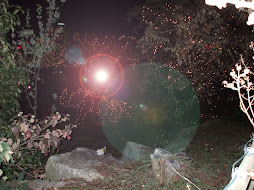







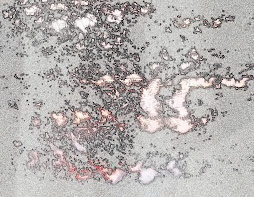













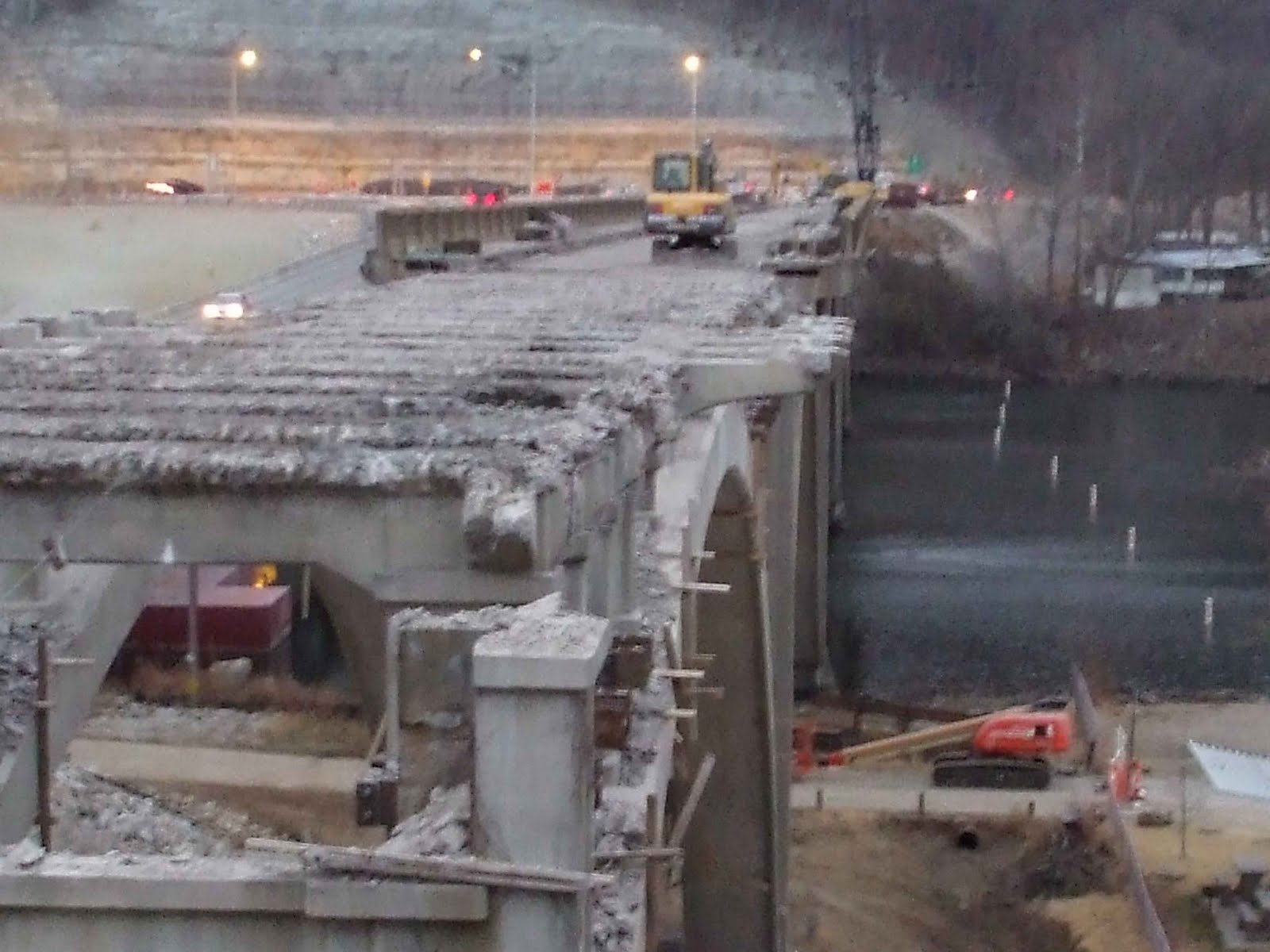




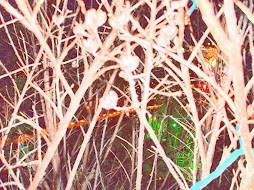




















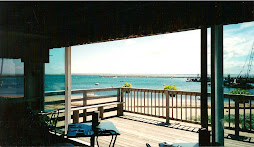





































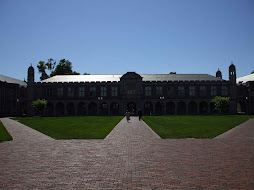








No comments:
Post a Comment